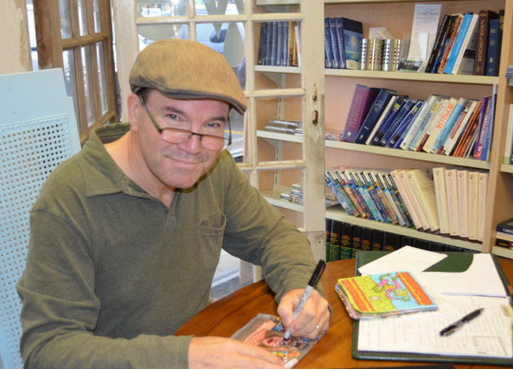“All things are lawful, but not all things edify.”When Harry Potter looks into the Pensieve in ‘The Goblet of Fire’ he isn’t at all aware of it’s danger. He simply sees this glowing thing while alone in Dumbledore’s office and goes to take a look. It turns out to be a memory machine of sorts, a way for Dumbledore to remember what has happened and what Potter sees in it is important for the story. Dumbledore’s admonition about curiosity isn’t all that convincing in that specific instance but as a general rule it has it’s wisdom.
In the New Testament Paul of Tarsus writes something similar, but within a different context. He is dealing with a group of people who have been freed from a very restrictive set of laws and rules about what is and is not a sin. They are free. But now they need to learn a new way of judging what is good or bad. It can no longer be based on outside rules, it has to be based on something closer to home, more personal. Paul clarifies what that is in this passage from his first letter to the followers in the city of Corinth:
In other words, yes, you are free to pursue what peaks your curiosity. But beware, just because you are curious about it doesn’t mean it’s the best thing to investigate. Investigate your own motives and the potential risks before you perhaps fall headlong into a hole.
Drawing and commentary by Marty Coleman of The Napkin Dad Daily
Quote by J. K. Rowling, 1965- not dead yet, British author. Spoken by Albus Dumbledore in book #4, Harry Potter and The Goblet of Fire.

